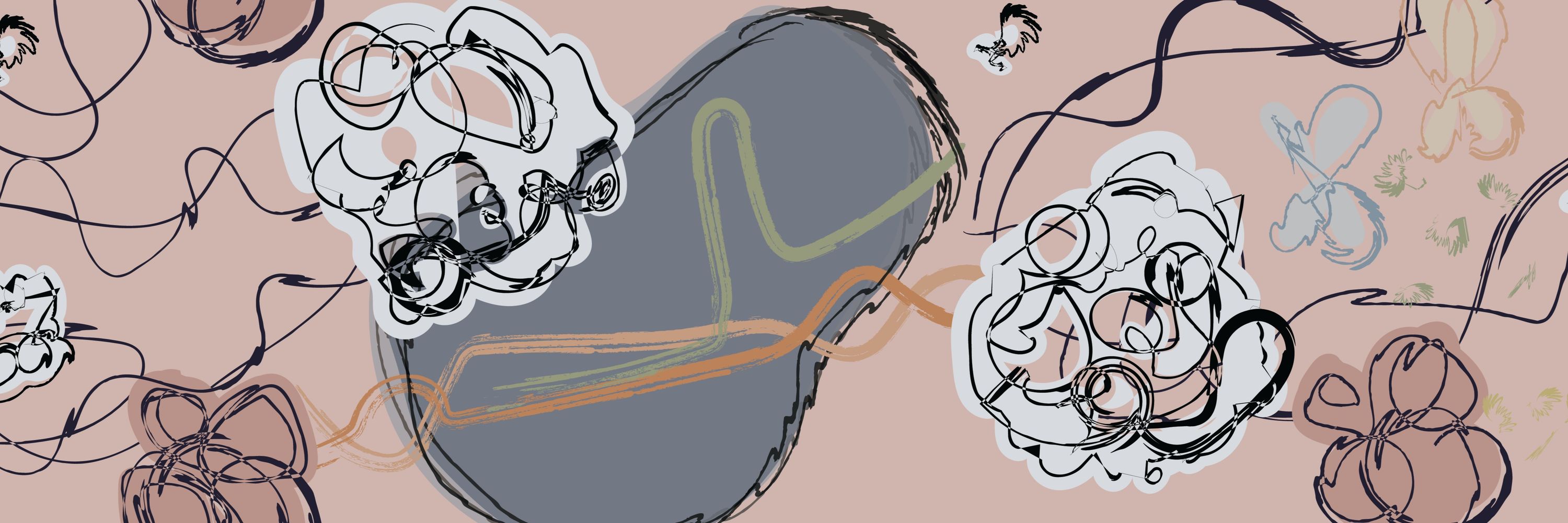
Studying brain tumor evolution and treatment resistance











@broadinstitute.org, we identify many genes that result detrimental (i.e. cause growth inhibition or cell death) to cancer cells when overexpressed. We term these “toxic genes”.

@broadinstitute.org, we identify many genes that result detrimental (i.e. cause growth inhibition or cell death) to cancer cells when overexpressed. We term these “toxic genes”.




